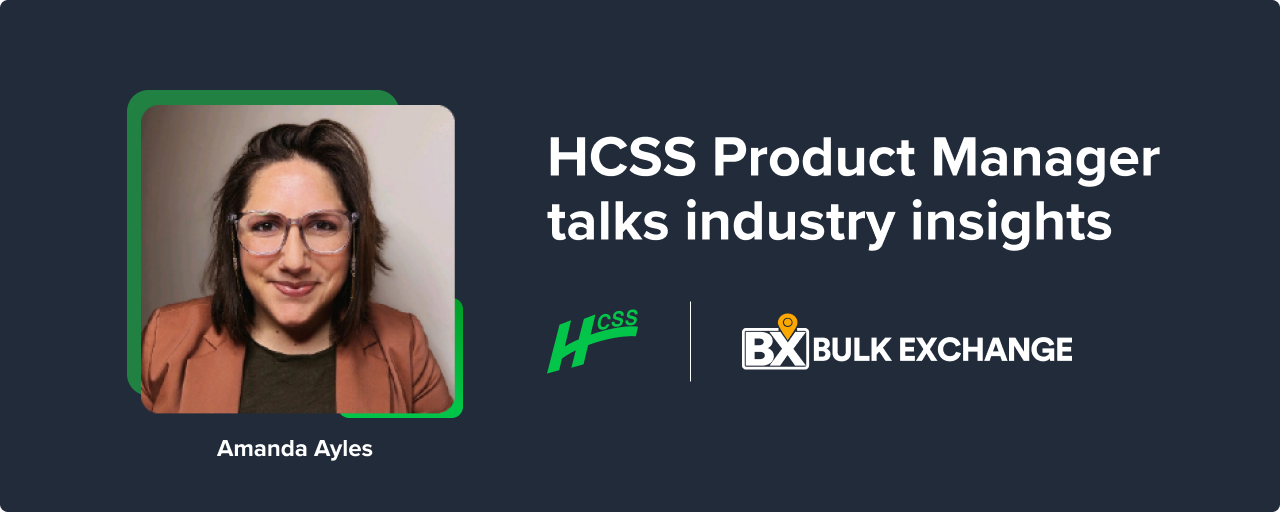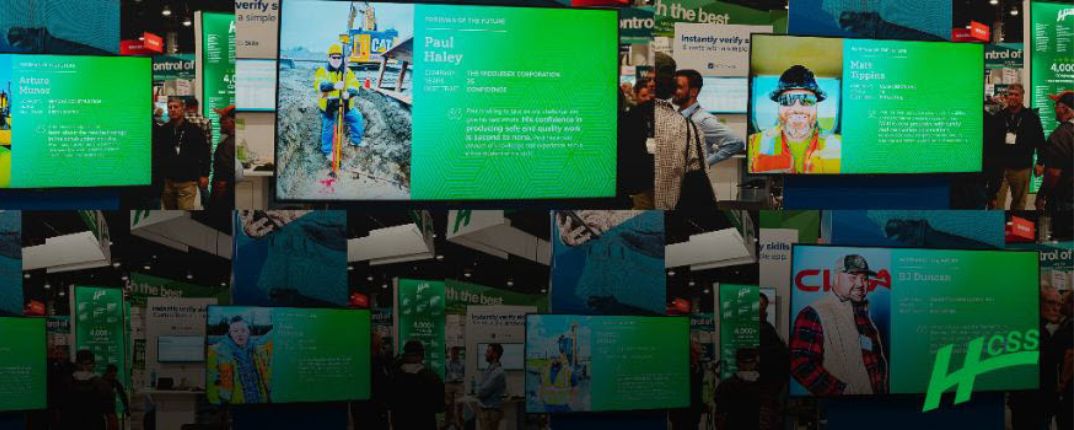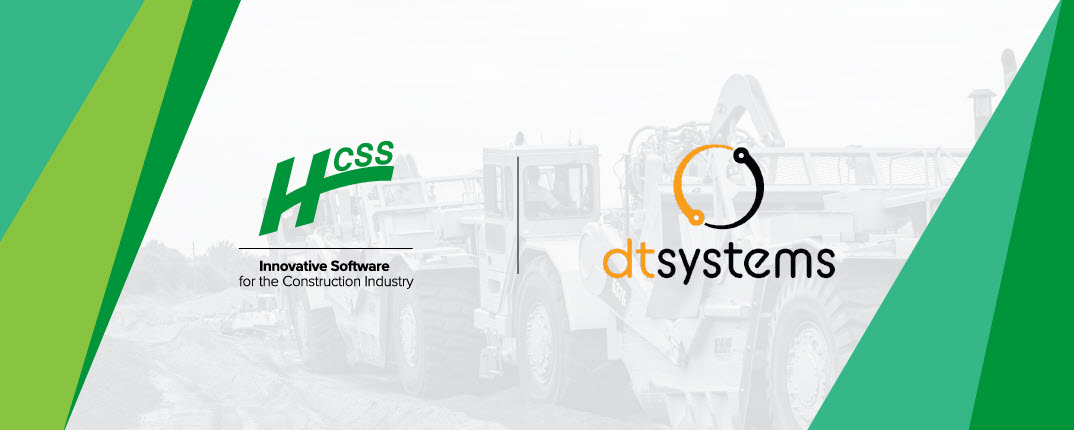As Group Product Manager of Estimating for HCSS, Amanda Ayles is one of the busiest people in the SaaS market space. Despite a hectic schedule, she was kind enough to make time for an appearance on the Bulk Exchanges podcast. In the episode Heart and Hard Work: The Woman Shaping the Future of Heavy Civil Software, Amanda was welcomed by hosts Paul Foley and Rachael Mahoney to discuss the crucial role she plays in shaping the future of construction technology.
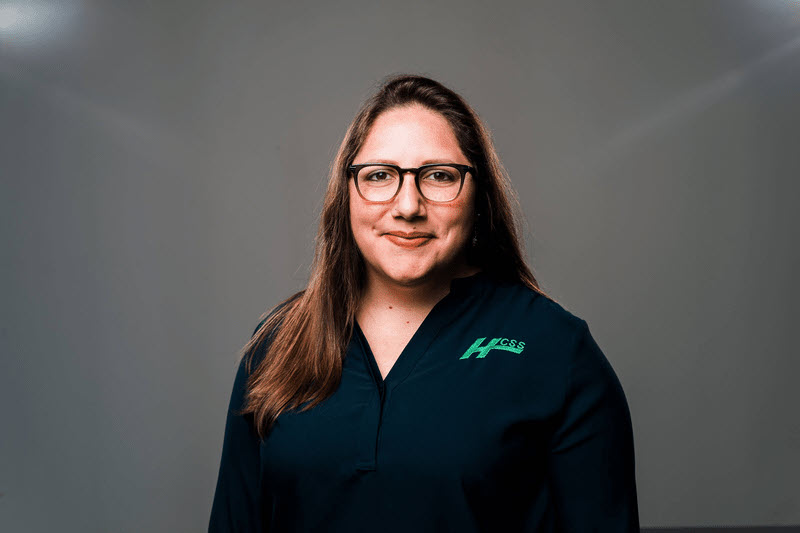
Making Customers Part of the Journey
Introducing HCSS, an end-to-end software solution for heavy civil, infrastructure, and utility contractors in North America, Amanda was quick to emphasize an important detail about the culture that often gets referred to as “the Google of Sugar Land” – how everyone within the company is the same person behind closed doors as they are in public. That authenticity and integrity are reflected directly within the platform, including the estimating flagship product HeavyBid.
While recording the podcast, the hosts wisely brought up a key observation: Since HCSS made its mark on the industry in 1986, the company’s customers have always been integral to the conversation. This equates to the users having a great deal of skin in the game, with their voices always heard and channeling their pain points into the many solutions the software provides.
“We really do attach that idea of being partners with our customers,” Amanda said. “To do it takes a lot of passion, but it also takes a lot of humility. We have to be willing to put our pride up on the shelf and be prepared to throw away anything. We engage in discourse and we talk about why that won’t work, or why it will work, or it might work.”
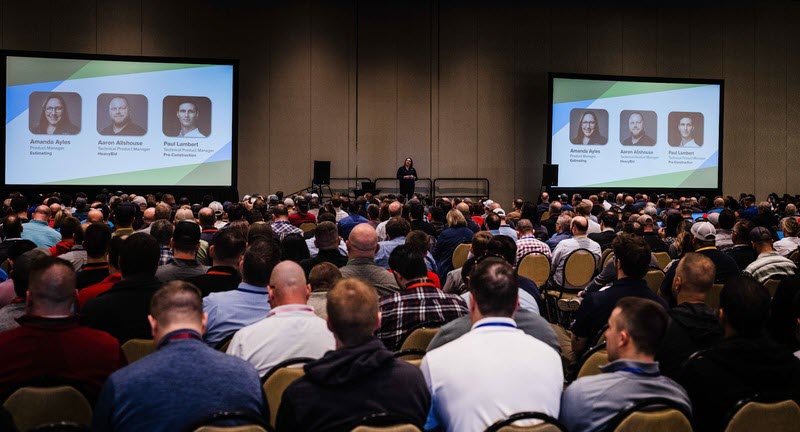
Female Leadership and Innovation
While construction is largely a male-dominated space, Amanda doesn’t spend too much time mulling that fact over. The same lopsided stats applied to her background in computer science as well, yet her success proves that women can absolutely succeed in her field, so long as they enjoy complex problem-solving.
“The system that is construction, all the interweaving pieces, and how the one part A has to talk to part B, if that goes awry, that introduces its own complications…” Amanda comments. “This is a fascinating system, especially since we have things like government that then is broken down to at least 50 states, and those states have so many different entities below that. It’s just an insanely beautiful place to work when you're a person who loves hard problems.”
With construction being such an intricate system, every business in this industry has its own complex processes and workflows. In general, staff are always going to be essential to keeping systems running and functioning, even when it’s doing office or administrative work.
“You don’t think about how much, for example, an estimating admin needs to be in the room when you’re setting up this pre-construction software,” she adds. “And yet the entire point of the software is to make her life easier. So it’s just been astounding to me a little bit.”
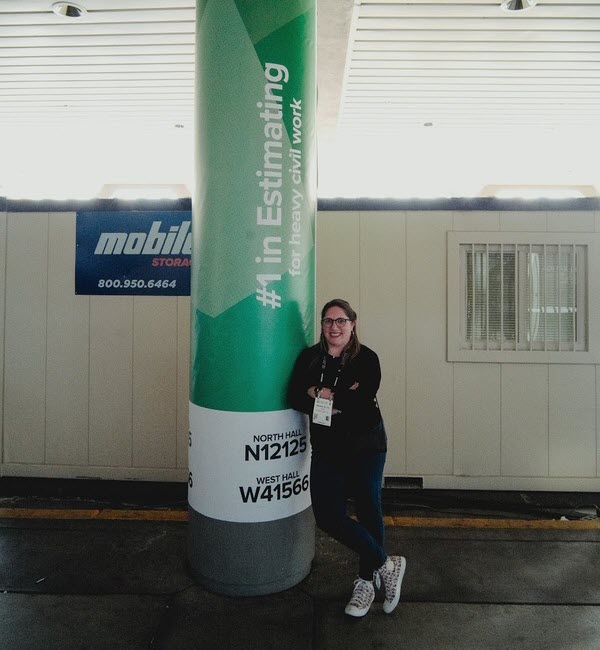
The Role of Technology in Facing the Industry’s Biggest Challenges
One recurring stigma is that construction professionals are resistant to change, especially when it comes to new technology that can help them perform their jobs more efficiently. Amanda’s take on this whole topic is pretty unique and crackles with well-earned insight.
“It’s not the technology that’s the problem,” she says of them being hesitant. “Our industry is not easy to impress, right? Their literal job is to make something out of nothing. They’re not sitting around waiting for someone to solve their problems. Now we have these software companies that have come up over the last 40-plus years saying, ‘Hey, we can make that easier.’ That doesn’t fit the culture of this industry because we’re not afraid of hard work.”
In other words, while construction companies aren’t trying to make life easier, they do have the singular mindset of needing to get things done. This mentality is a testament to how tough and focused they really are.
“Tech is not about ‘easy’ anymore,” Amanda continues. “That’s changed, and that’s coming for us. Tech is now a basic requirement for survival. It’s a way to make the most out of what little you get. Tech is coming for the construction industry in a way that you don’t have to solve that problem alone anymore. We’re not trying to make things easier; we’re just trying to make them possible at this point.”
Over the next few years, it will be imperative that the industry really strengthens its bonds as a community. Taking that community strength and then adding technology on top of that is what it’s going to take to handle shortcomings and still get all of the work done.
People like Amanda Ayles are helping lead that charge.
To listen to the podcast in its entirety, check out the Bulk Exchanges channel.
